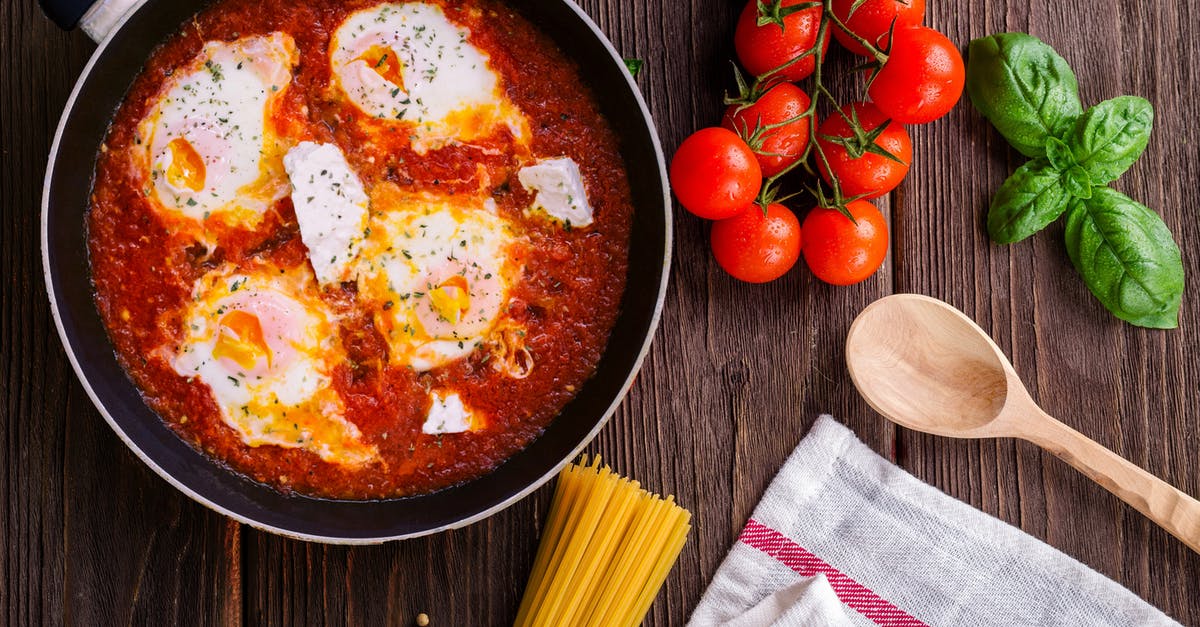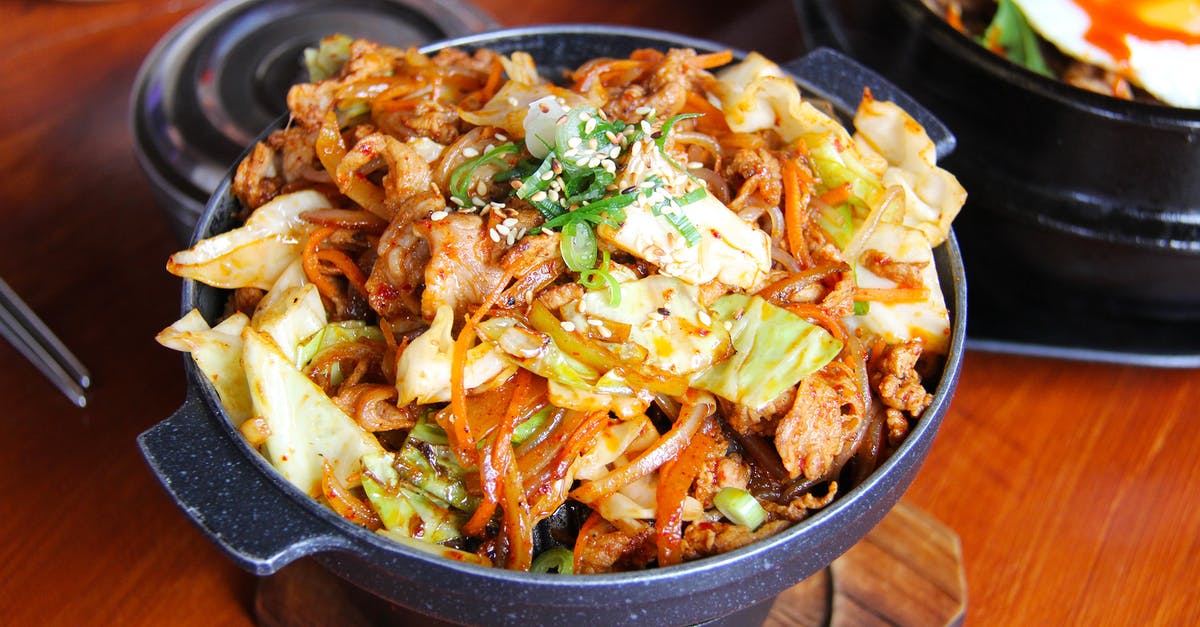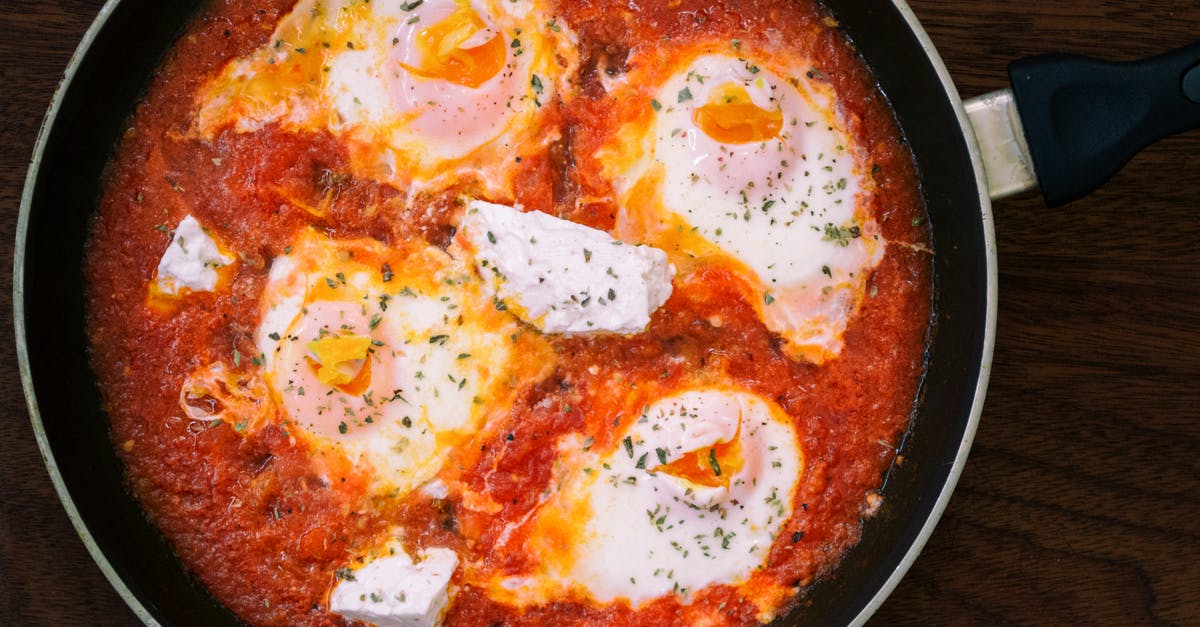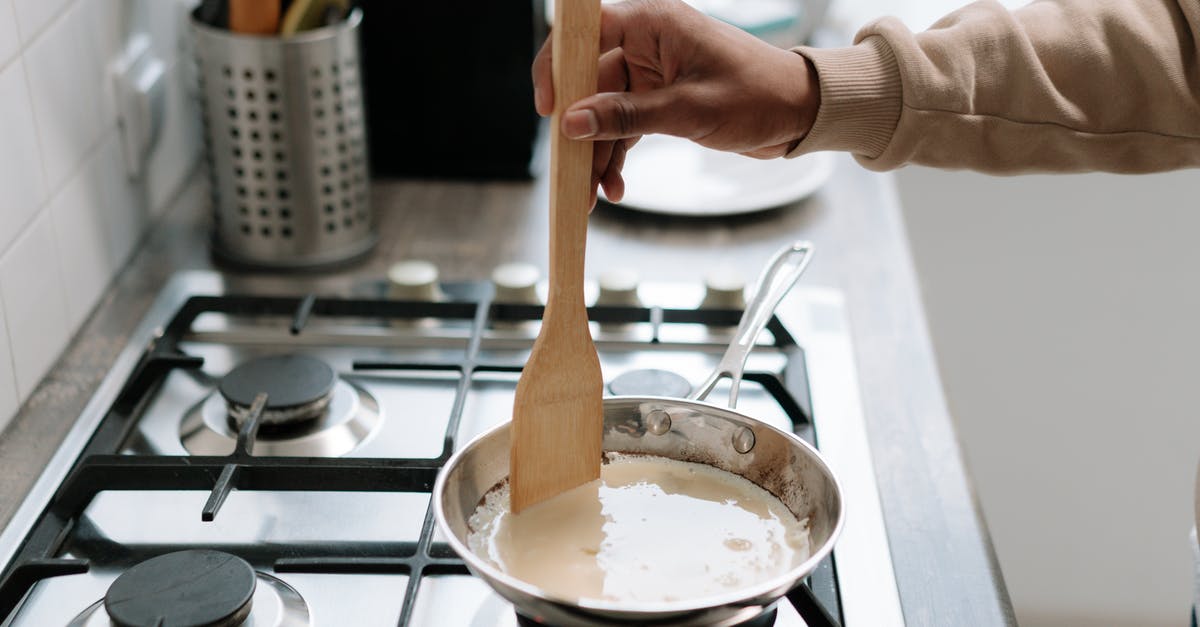Reuse frying & sauce pans multiple times during cooking session

I'm a student and prefer to cook my own food rather than eating in the cantine. Due to time constraints, I cook only once a week, making different dishes of big enough portions to suffice for the entire week. Because I only have a frying and two sauce pans, I reuse them multiple times during the cooking session. Basically, I do the following:
- Cook meal 1 in sauce/fryin pan
- Empty meal 1 into plastic container
- Scrape off residues with cold water and a fine brush
- Stick sauce/frying pan back onto the hot stove, prepare for meal 2
- Go to step 1
In the frying pan I cook mainly fish, sometimes some beef. In one sauce pan I cook rice, in the other bigger one I cook chicken and vegetables.
My questions are:
Does this procedure of heating up the frying/sauce pan, cooling off during washing and reheating it, damage it? Could it forcefully crack, blasting metal pieces everywhere?
Are there any health implications due to some of the residues still remaining on the pans when cooking the next meal?
Best Answer
I think thermal shock is unlikely to be a problem at the temperatures you're likely to use. I had heard that it is mainly a problem if the pan is very hot (500 degrees or more, although some materials like cast iron are more susceptible to thermal shock than others) and if the shock is very great, like plunging the whole thing into cold water.
I wouldn't even think about thermal shock at temperatures cool enough to be cooking with - if the water is sizzling and dancing on the pot, that's the test for it being ht enough to cook, and adding room temperature food or liquid for de-glazing are well within the expected ranges for temperature, and probably as much of a temperature difference as you're getting when rinsing your pan. If your food is done cooking, and cool enough you can put it into plastic without worrying, the pan it's cooked in and that has been off the heat while you're scraping the food out will probably be cooled enough not to crack from being run under water.
As a side note, I once had a pan crack from thermal shock - it did not shatter, or blast pieces everywhere, but spluttered a lot of steam and sharply cracked nearly in half to let it equalize the thermal stress. It is not pleasant, but it was not quite as terrifying as "blasting pieces" makes it sound.
As for residues, I personally wouldn't worry about them too much - since very little will stay in the pan after being rinsed off, and they should have already been cooked to safe temperatures, the pan doesn't sound like it will be sitting out between sessions long enough to breed anything dangerous (which would be hours), and the next batch of food should be cooked to safe temperatures again. I would be more concerned about flavor contamination than safety, although different people tolerate different levels of risk.
Pictures about "Reuse frying & sauce pans multiple times during cooking session"



How do you reuse a frying pan?
7 COOL WAYS TO UPCYCLE OLD POTS AND PANSShould you wash frying pan after each use?
You should wash your frying pans after each use. Not doing so will allow for the buildup of bacteria. You can also harm the non-stick coating on the pan itself.Can you use the same pan twice?
You should wash your pan between each use. The USDA recommends that every food product, cooked or not, should not exceed 2 hours at room temperature, as bacteria can be re-introduced to the cooked food and make it dangerous once more.How often should you change frying pan?
The pots and pans According to TheKitchn, you can expect about five years out of your non-stick pots and pans; it's time to retire anything with a surface that's pitted or starts to peel (to make sure it lasts that long, they offer some tips for taking care of them).The Easiest Way to Clean and Reuse Frying Oil
More answers regarding reuse frying & sauce pans multiple times during cooking session
Answer 2
Metal pots and pans are built for heat then be cleaned. At worse it might crack. It would not blast metal pieces everywhere.
If you add the water slowly you will introduce less thermal stress.
I would even consider a high heat silicone scraper and go right back to the stove.
Answer 3
As no one's touched on the health aspects --
If the first item is finished cooking, you'll be fine. The only serious problem would be partially cooking meat and then cooking something that doesn't have to be cooked to high heat. (although this is mitigated if you sufficiently heat the pan between uses ... but maybe not along the sides).
If you're cooking for someone with food intolerances, you might want to give it a more thorough clean between dishes to prevent cross-contamination ... but if they're a full-blown celiac, just having used flour in the kitchen might be enough to give them problems.
Personally, I've been known to deglaze my pan (pour in a little water, then scrape up any browned bits on the bottom), dump it out, and then just give it a quick wipe-down with a paper towel before starting the next item -- so it's basically what you're doing, only using a wooden spatula instead of a brush.
As it sounds like you're using a non-stick pan, you won't have much (if any) browned bits to scrape up, but if you aren't and want to make a sauce for the first item, you can deglaze with more flavorful liquid (stock, wine, etc.) and possibly add some butter to it.
Sources: Stack Exchange - This article follows the attribution requirements of Stack Exchange and is licensed under CC BY-SA 3.0.
Images: Dana Tentis, Pixabay, Dana Tentis, cottonbro
